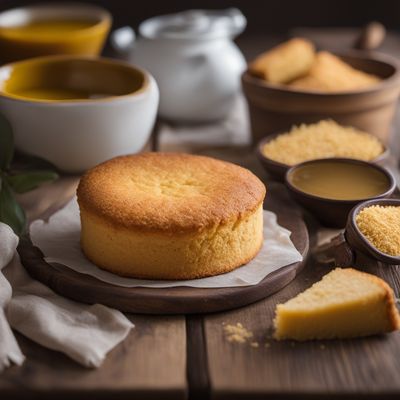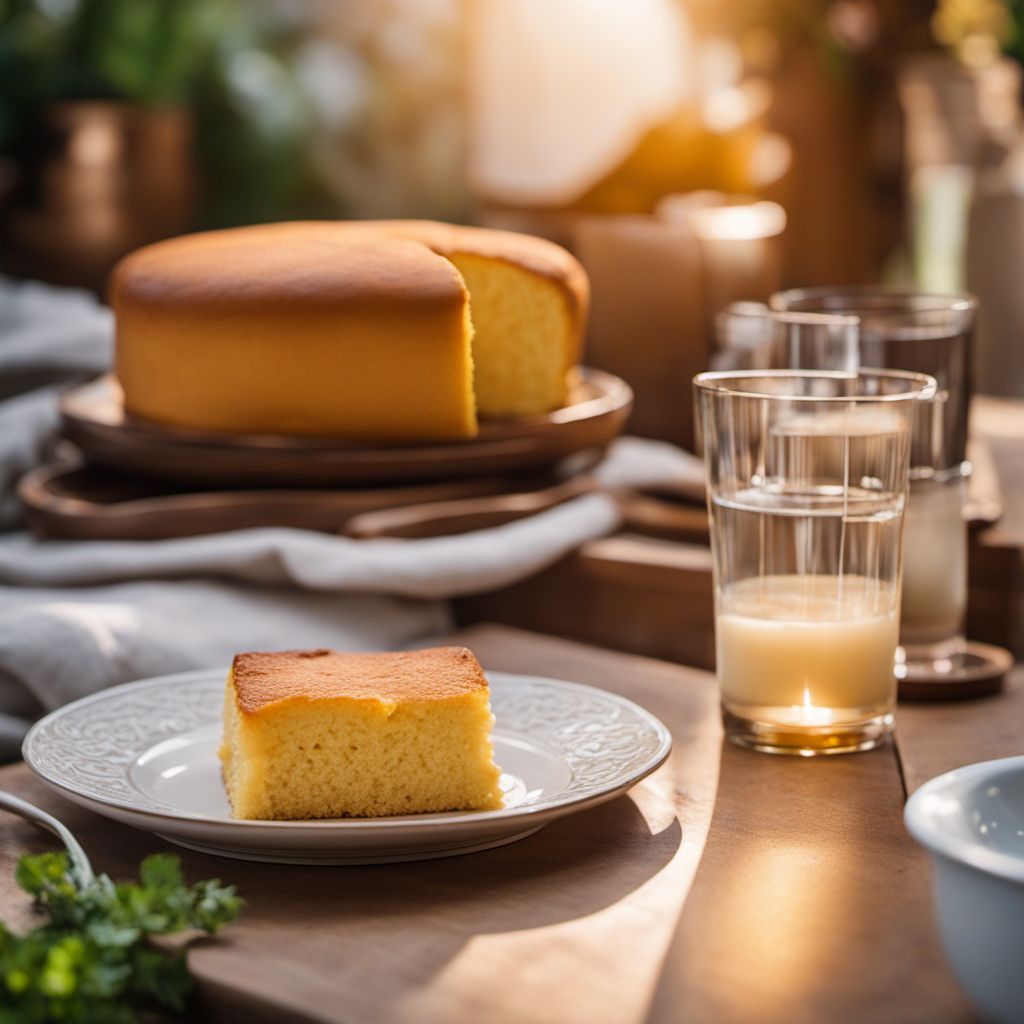
Dish
Broa
Broa is made with cornmeal, wheat flour, yeast, salt, and water. The dough is mixed and then left to rise for several hours. Once the dough has risen, it is shaped into loaves and baked in the oven. The result is a dense, hearty bread that is perfect for soaking up sauces and gravies. Broa is a staple in Portuguese cuisine and is often served with stews and soups.
Origins and history
Broa has been a staple in Portuguese cuisine for centuries. It is believed to have originated in the northern region of Portugal, where corn is a common crop. Broa was traditionally made in wood-fired ovens and was a staple food for farmers and laborers. Today, broa is enjoyed throughout Portugal and is often served with stews and soups.
Dietary considerations
Broa is gluten-free and vegan, making it a great option for those with dietary restrictions. However, it does contain cornmeal, which may be an allergen for some people.
Variations
There are many variations of broa, including broa de Avintes, which is made with rye flour, and broa de milho, which is made with only cornmeal. Some recipes also call for the addition of honey or sugar to sweeten the bread.
Presentation and garnishing
Broa is traditionally served in a round loaf and is often garnished with a sprig of rosemary or thyme. It can also be sliced and toasted for a crispy texture.
Tips & Tricks
To achieve the perfect texture, be sure to let the dough rise for several hours before baking. You can also experiment with different flours and add-ins, such as herbs or cheese, to create your own unique variation of broa.
Side-dishes
Broa is often served with stews and soups, such as caldo verde or cozido. It can also be served with butter or cheese for a simple snack.
Drink pairings
Broa pairs well with red wine, such as a Portuguese Douro or Alentejo. It can also be enjoyed with a cold beer.
Delicious Broa recipes
More dishes from this category... Browse all »

Blagdanski božićni kruh Koledo
Croatian cuisine
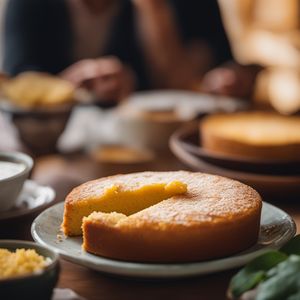
Broa de milho
Portuguese cuisine

Chvishtari
Georgian cuisine
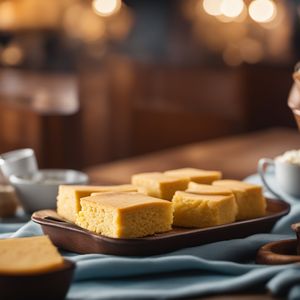
Cornbread
American cuisine
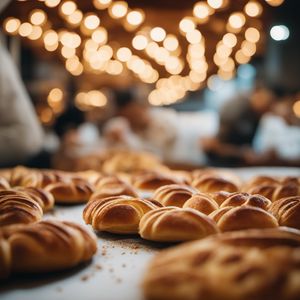
Daktyla
Cypriot cuisine

Hot Water Corn Bread
American cuisine
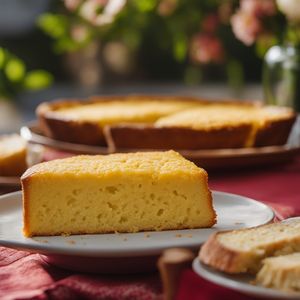
Koruzna prga
Slovenian cuisine
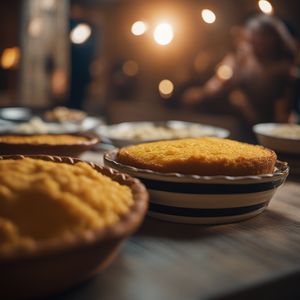
Mchadi
Georgian cuisine
More cuisines from this region... Browse all »

Balkan cuisine
Savory, Spicy, Herbaceous, Tangy

Cypriot cuisine
Salty, Tangy, Savory, Herbaceous, Citrusy

Gibraltarian cuisine
Fresh, Light, Tangy, Savory
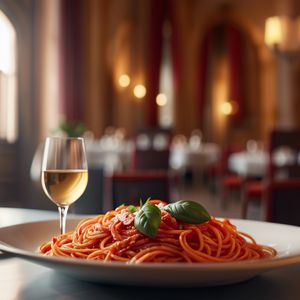
Italian cuisine
Savory, Rich, Bold, Tangy, Herbaceous
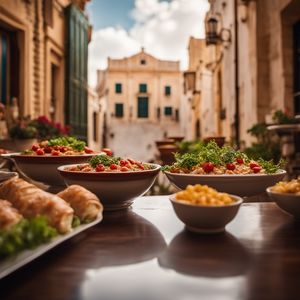
Maltese cuisine
Fresh, Flavorful, Aromatic, Balanced, Hearty

Sammarinese cuisine
Savory, Rich, Flavorful, Herbaceous, Earthy

Spanish cuisine
Bold, Spicy, Savory, Tangy, Sweet

Turkish cuisine
Spicy, Flavorful, Meat-forward

